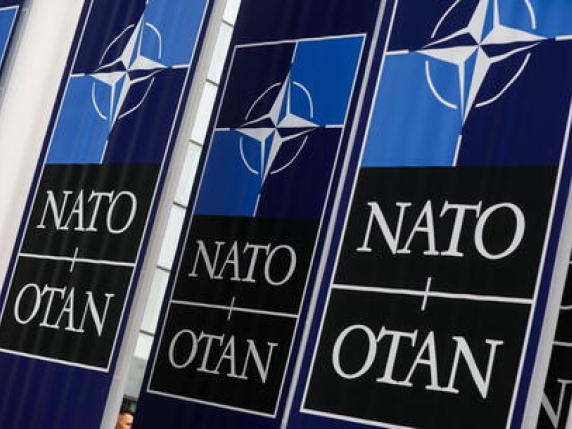Article 4 of the Treaty establishing the Alliance provides that the Parties shall consult each other whenever, in the opinion of one of them, the territorial integrity, political independence or security of one of the Parties is threatened.

In recent years, after the Russian invasion of Ukraine in 2022, and the subsequent escalations, NATO has sided with Kiev (which is not part of the Atlantic Alliance) and has repeatedly questioned the possible use of the collective defense clauses, provided for in Articles 4 and 5 of the North Atlantic Treaty, signed in 1949.
In particular, Article 4 provides that the nations participating in the Alliance will consult whenever one of them considers that its territorial integrity, political independence, or security is threatened. Therefore, not in the event of an armed attack, but of a preventive warning, the parties consult to decide on the actions to be taken, unlike Article 5 which provides for intervention in the event of direct aggression (the parties agree that an armed attack against one or more of them in Europe or North America will be considered an attack against them all).
Polish Prime Minister Donald Tusk said on Wednesday that Poland would invoke Article 4, requesting a formal consultation within the Alliance, after Warsaw shot down Russian drones that entered its airspace overnight. Tusk said he appreciated all the expressions of solidarity that had arrived, but that words were not enough and that Poland would require much greater support from NATO allies.
According to NATO records, Article 4 has been invoked only seven times since its creation: five times by Turkey, between 2003 and 2020, over the crises on its border with Syria and the advance of ISIS; once by Poland, on March 3, 2014, due to growing tensions in neighboring Ukraine caused by Russia's aggressive actions; and most recently, on February 24, 2022, immediately after Russia's full-scale invasion of Ukraine, by Bulgaria, the Czech Republic, Estonia, Latvia, Lithuania, Poland, Romania, and Slovakia.

